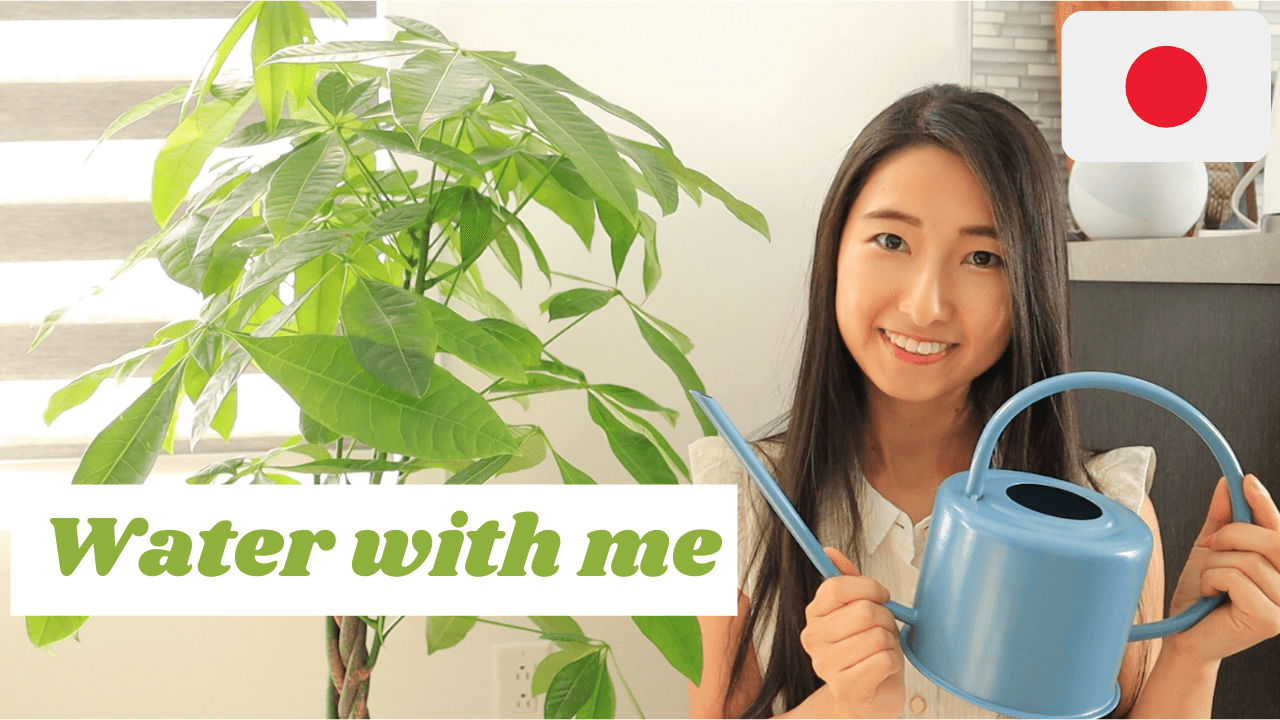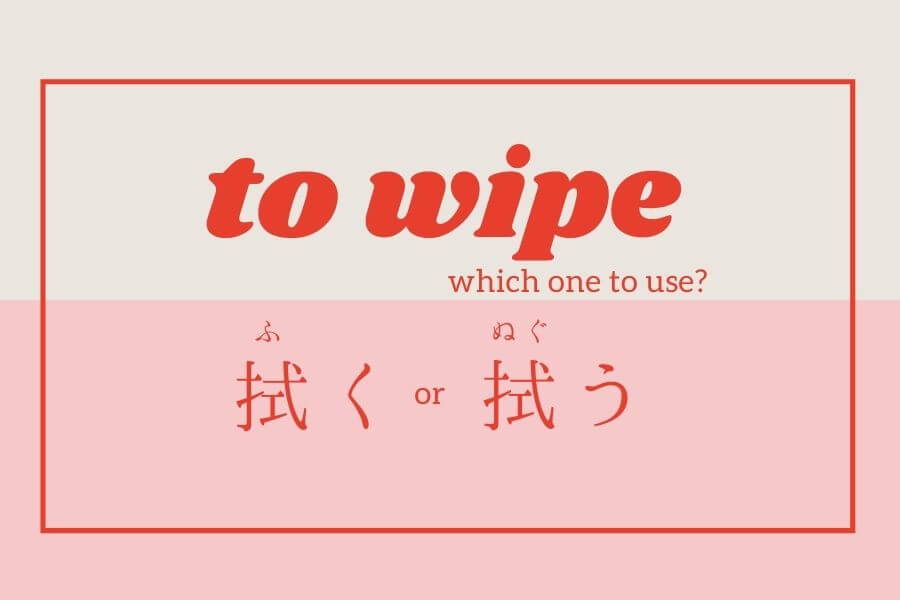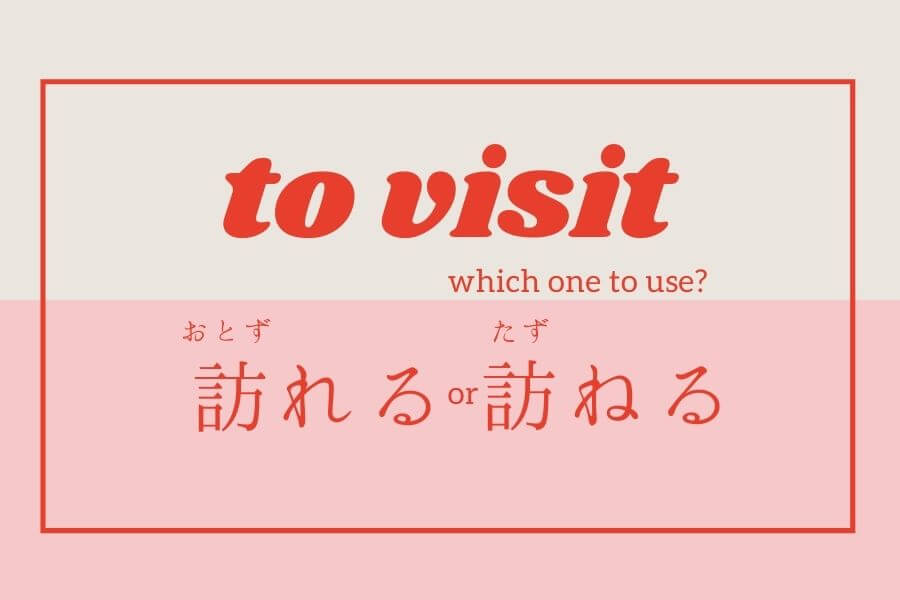みなさんお久しぶりです。 こんにちは!はるかです。 私は最近、お家の中で育てる観葉植物を買いました。 なので今日は 水やりをしながら 関連する言葉を一緒に学んでいきましょう! それでは、始まるよ! まず、私のこの子は 日本語で「パキラ」と言います。 英語だとよく「Money Tree」っていうのかな? だけど日本語だと「Money Tree」ってあんまり言わないです。 なので日本語は「パキラ(ちゃん)」です。 「パキラちゃん」はあんまり水が要りません。 なので、私みたいな初心者でも 簡単に育てられるそうです。 このパキラちゃんに、最近全然お水をあげていなかったので まず、お水をあげるタイミングかどうか 土を触って確認していきたいと思います。 もしまだ土が湿っていたら、まだお水をあげなくてもいいそうです。 だけどもし土が乾いていたら、お水をあげるタイミングです。 では、見てみましょう! 土の表面を触っていきます。 うん。 大分乾いてますねぇ。 乾いてる…ので 今日お水をあげましょう! では、お水をあげると言えば、何が必要ですか? そう、まず… じょうろが必要です。じょうろ~♪ ちょっと…そして、 じょうろの中にお水を入れなければいけませんね! ちょっと待ってね。 ではまず、じょうろに水を入れる前に まず日本語でどうやって「To water」を言うのか説明します。 日本語では色んな「To water」の言い方があります。 ではまず、一つ目。 水をあげる ー英語で説明中ー では2番目。 水をやる ー英語で説明中ー ですが、お花とか木とかの植物には 「やる」を使ってもオッケーです。 では、3つ目! さっきのと少し似ていますが、次は名詞を使ったものです。 水やりをする 相手が植物なので、「あげる」でも「やる」でも、名詞を使った形でも どれでもオッケーです👌 それでは、じょうろにお水を入れていきます。 折角なので、色んな動詞を覚えましょう!ではまず… これは、日本語でも「シンク」と言います。 …





